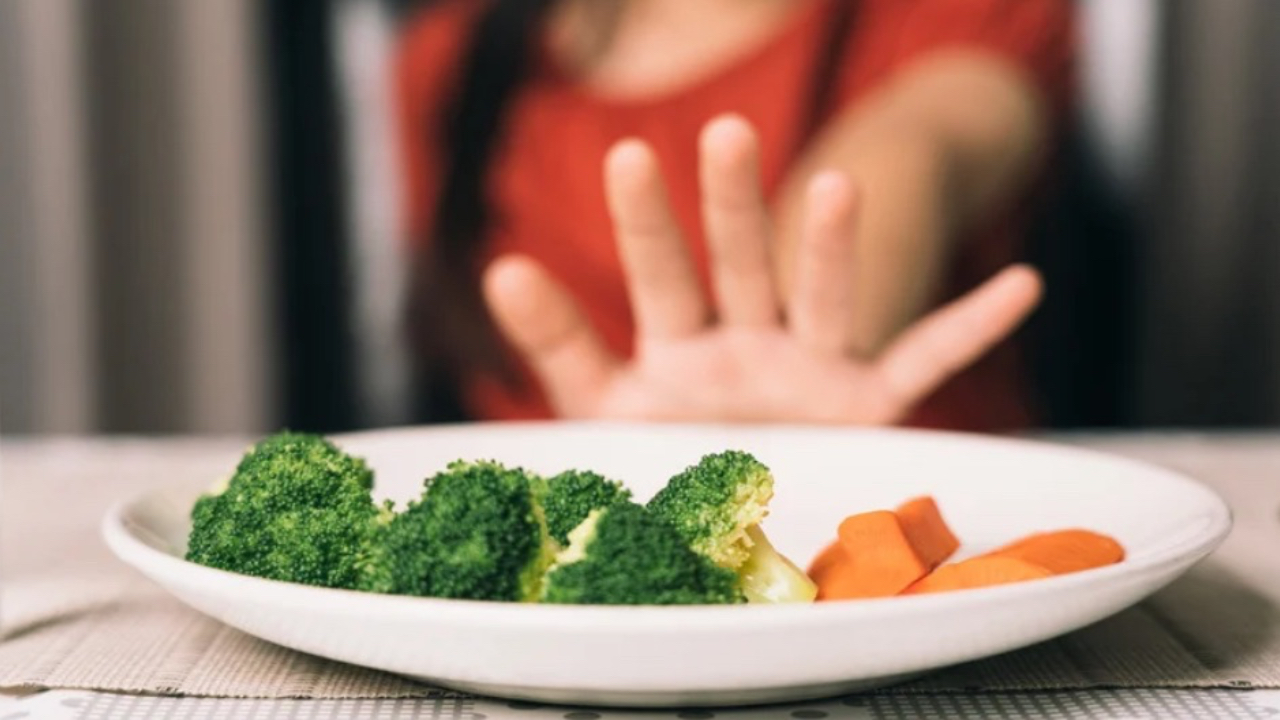Parenting Advice for The "Terrible Twos"
Toddlers in general are puzzling...
And their physical aggression is no different.
Maybe your toddler has been biting or hitting ... or maybe you know a toddler that does this regularly and is fitting the description of the "terrible twos".
I have one in my house ... 🫣
So, I want to dive into why this happens, how common this is, and what we can actually do to diminish this "terrible twos" behavior...
An article by Reebye (2005), states that “clinicians and researchers agree that problematic expression of aggression is related to disinhibition and poor self-regulation.”
And that’s exactly what our "terrible twos" toddler’s have ... poor self regulation.
I mean can we blame them? They can’t communicate well because of their minimal understanding of language. And often the emotions they feel are brand new, which leads to difficulty processing and choosing an appropriate response to the emotion.
The good news - this is super common.
Matter of fact, a lot of you are dealing with this currently.
The bad news - this aggression of the "terrible twos" may hang around until around age 3.
So, what do we do in the meantime? How do we handle this?
Based on a evidenced-based practice and a resource guide by the Canadian Council on Learning, we should comfort, play, and teach our child.
And in our house, we do some of those things in this way ⬇️ (side note: this is after our other strategies crashed and burned ....)
- Provide an opportunity for a redo. I adopted this from Big Little Feelings and asking James (almost 2) to try again and use "sweet hands" helps him implement a more appropriate behavior.
- Practice and talk A LOT about "soft hands". Practicing the desired behavior in a natural way while we are playing, reading. or spending time together enforces the desired behavior and teaches him "gentle" and "sweet".
- Positive praise when he uses the appropriate behavior. For example, if he gives Bekah (4 months old) a toy gently, then we almost throw a party (lol) because we want to enforce that behavior.
- Eye contact and explain that he can hurt someone when he hits. Getting on his level and expressing concern in seriousness helps him be more attentive to the verbal correction.
- Lastly, physically restrain him if he does not stop hitting after being asked. This is a firm boundary we are setting and helps us stop the behavior before it becomes a game. IYKYK.
At the end of the day I wish there was a formula for parenting in general but especially for the "terrible twos".
But, humans are complex beings and our toddlers are definitely that!
I hope this gives you some practical strategies to implement next time your toddler becomes aggressive!
You can also find more information in this handout here by the Canadian Council on Learning.
Thanks for reading!






